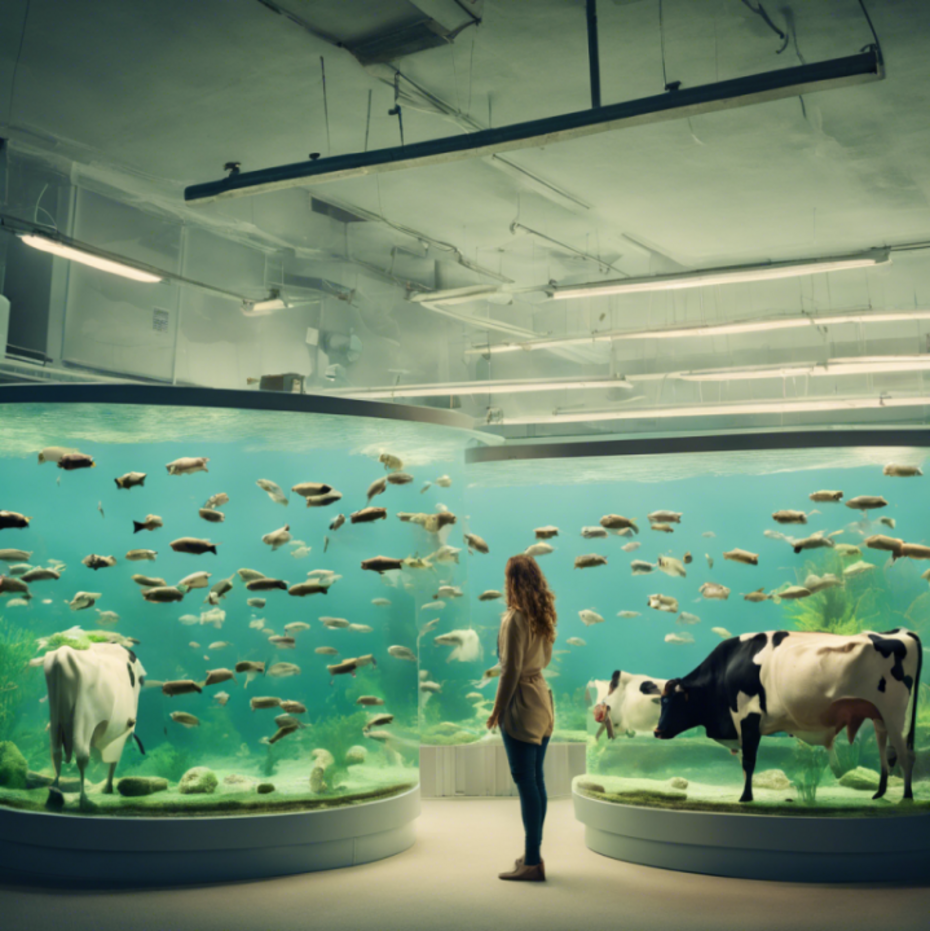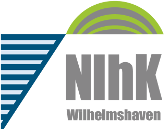
Trilateral joint project WADWAD receives funding for sustainable action plan in coastal region
The WADWAD project is one of five research projects funded by the Federal Ministry of Education and Research (BMBF), the Federal Ministry for the Environment, Nature Conservation, Nuclear Safety and Consumer Protection (BMUV) and the Netherlands Research Council (NWO) as part of the programme "Understanding complex pressures on the Wadden Sea and options for action". The research programme focuses on the complex pressures and (cumulative) effects on the ecosystem, the options for action and the consequences for human life in the coastal region.
The WADWAD project, which is funded with a total of €2.3 million, aims to develop solutions for a sustainable "Action plan for ecosystem-based land-sea transition zones" over a period of four years in close cooperation between the universities in Oldenburg https://uol.de/icbm/geooekologie/forschung/wadwad, Groningen, Utrecht and Copenhagen and the institutes Deltares, Senckenberg am Meer and NIhK, following a transdisciplinary research approach.
A trilateral action plan will be designed on the basis of knowledge from various scientific disciplines, the expert knowledge of decision-makers from politics, administration and management as well as innovative ideas from local coastal inhabitants. The focus is on the creation and transfer of knowledge about the complex interrelationships between sediment dynamics, coastal protection, climate change and ecosystem loss in the field of tension between the most diverse utilization claims in the coastal area. The aim is to develop adaptation scenarios that offer tangible, local solutions to face the challenges of sea level rise and climate change. The work package "Development of GIS-based applications for the analysis and visualisation of risk and potential maps", which is based at the NIhK, starts on 1 January 2025 and is headed by Dr Martina Karle and Dr Friederike Bungenstock.
